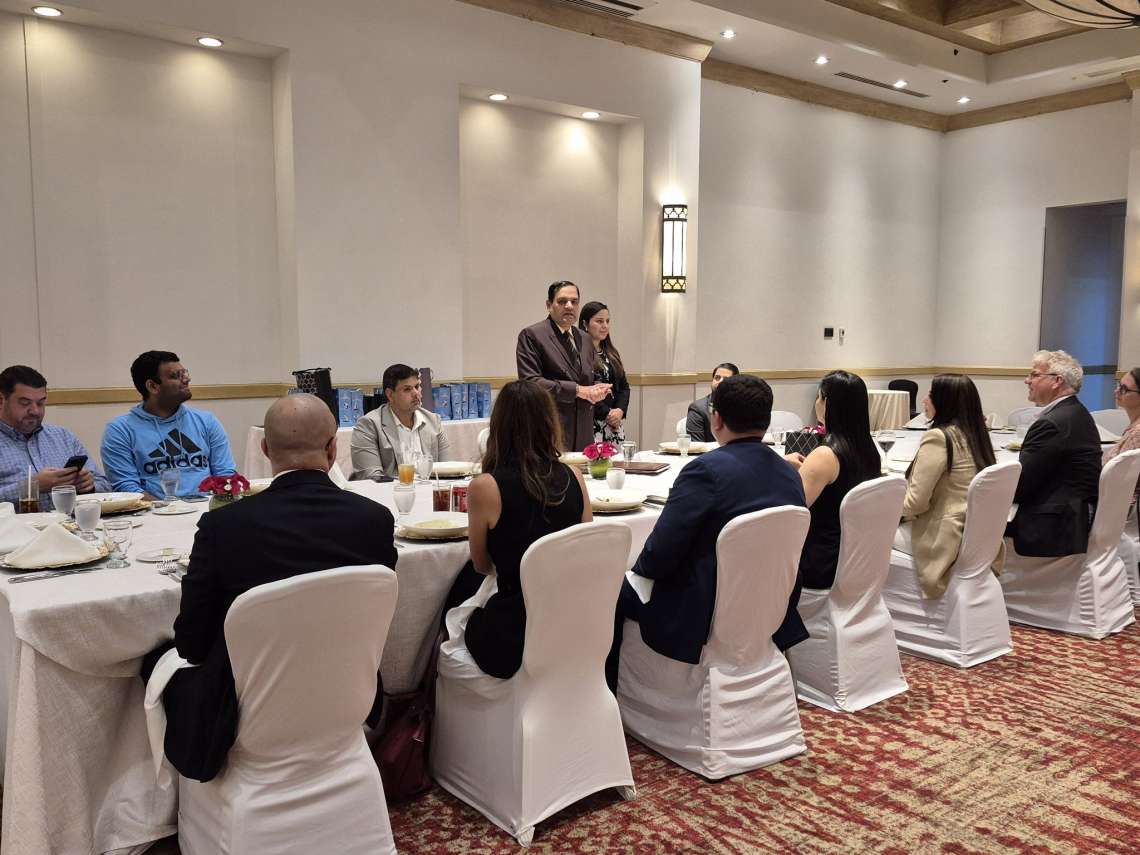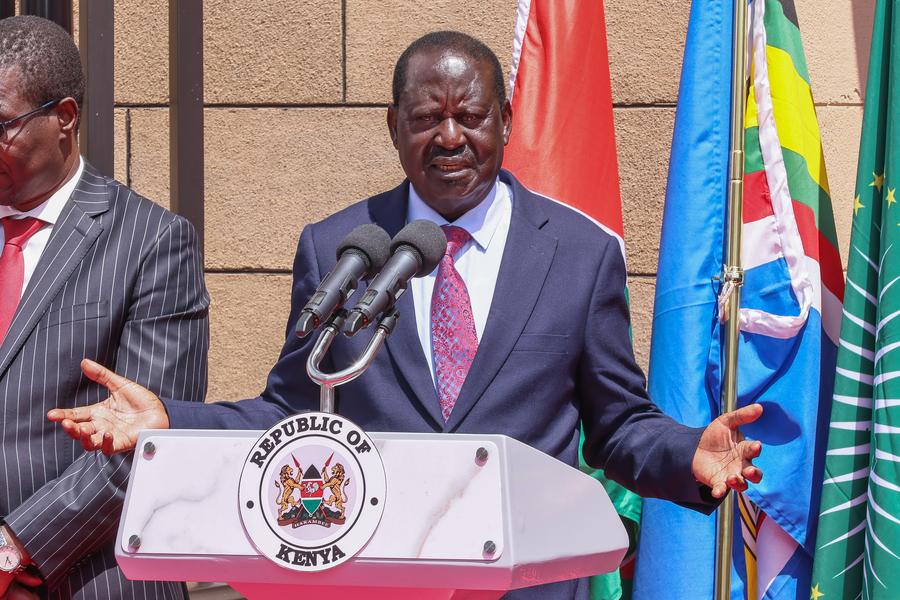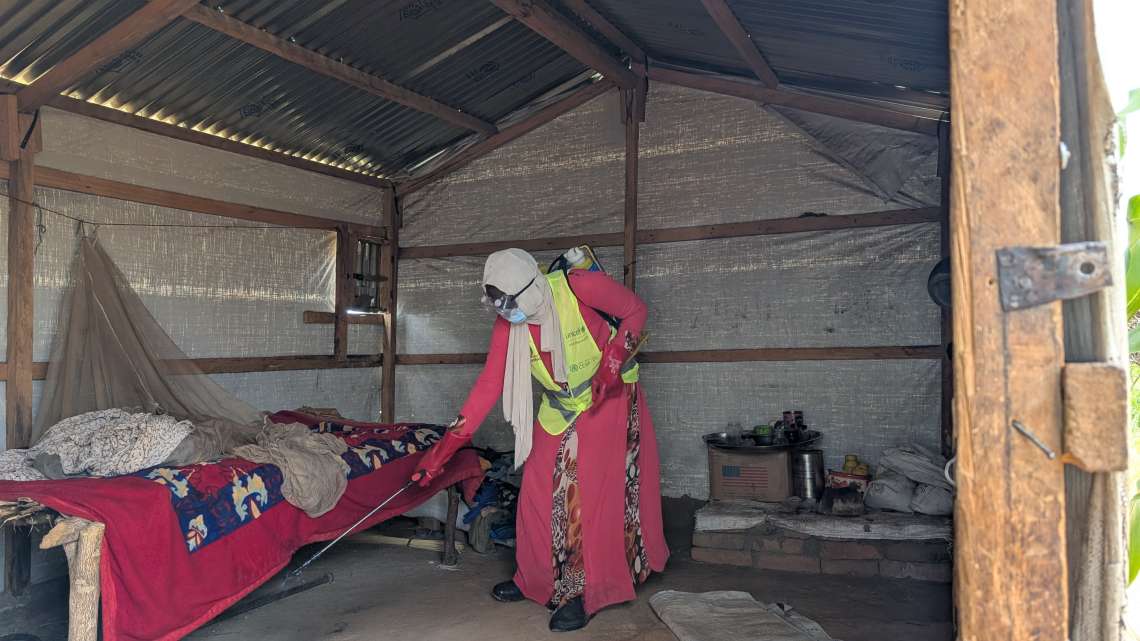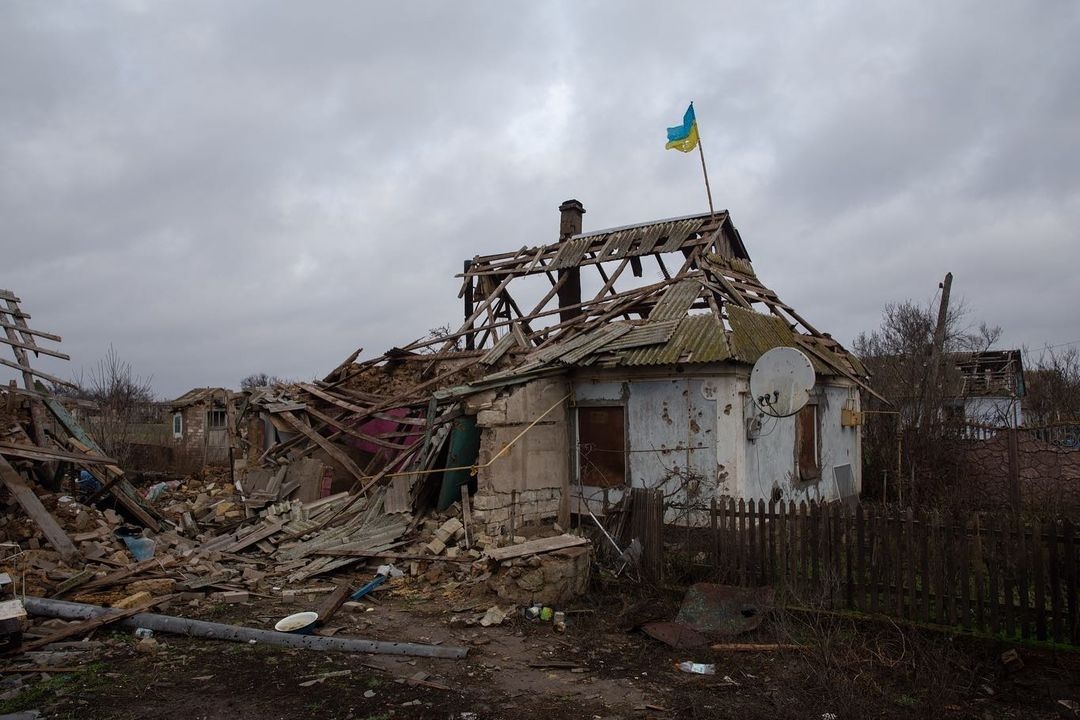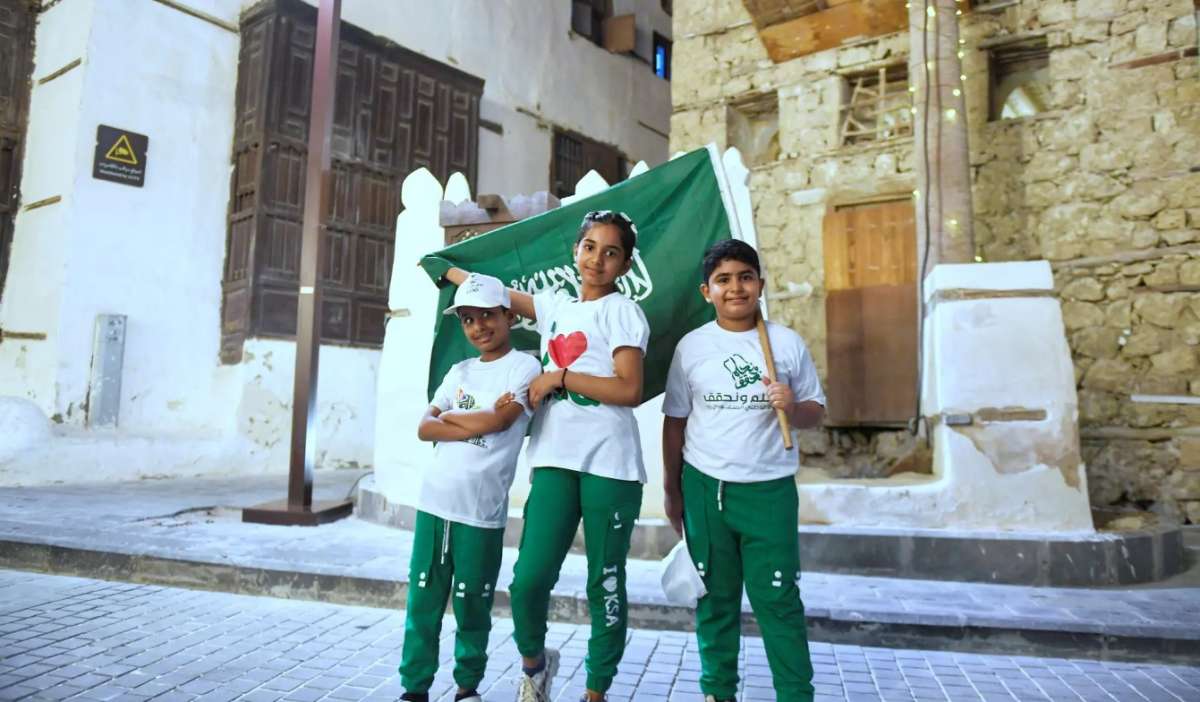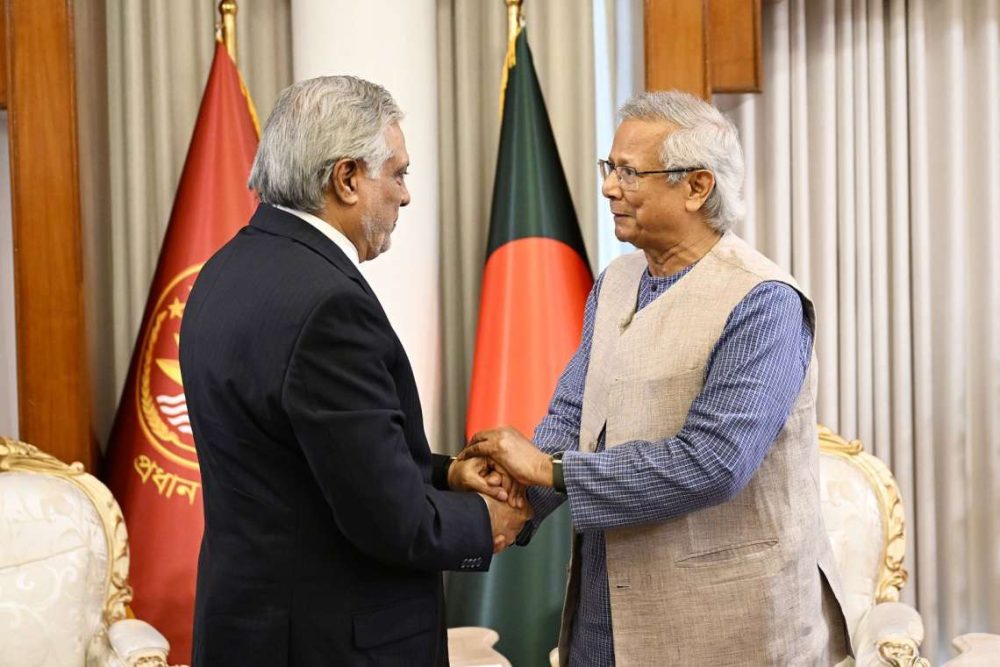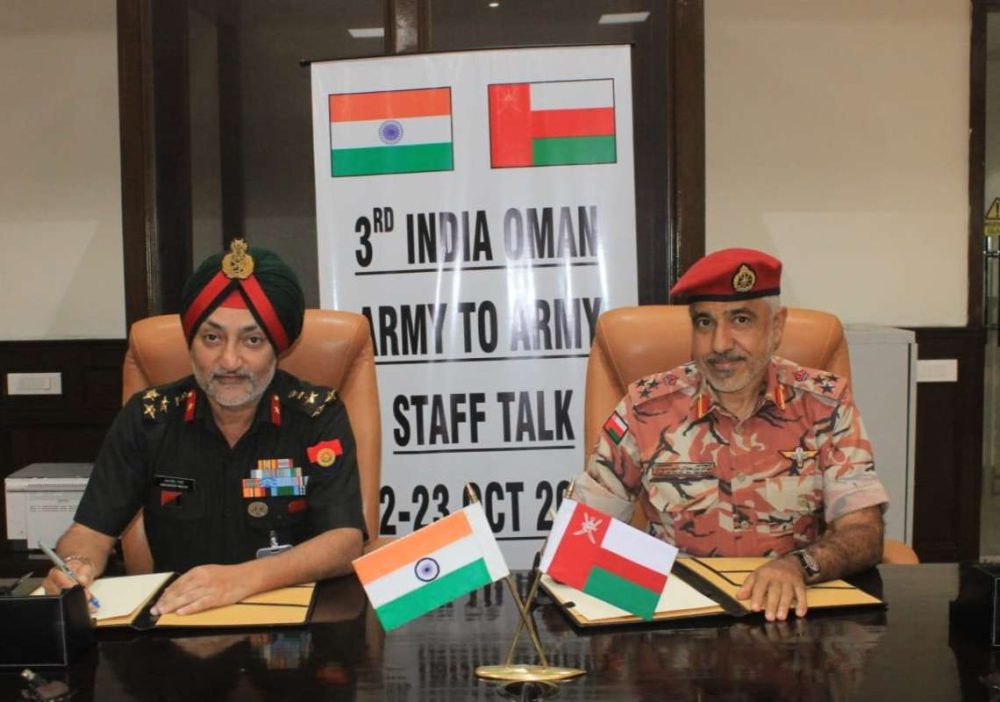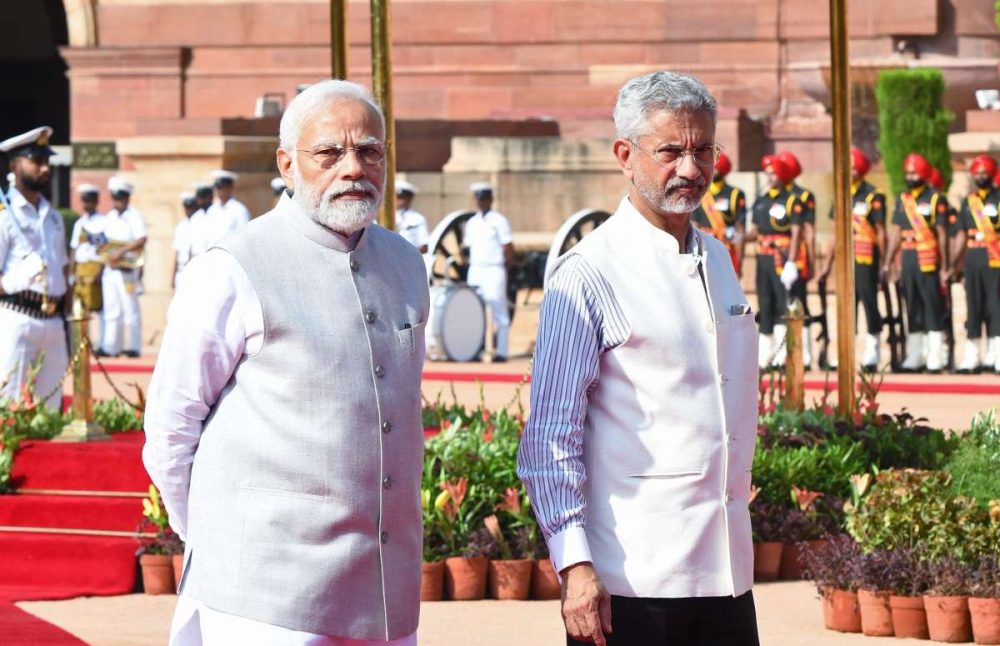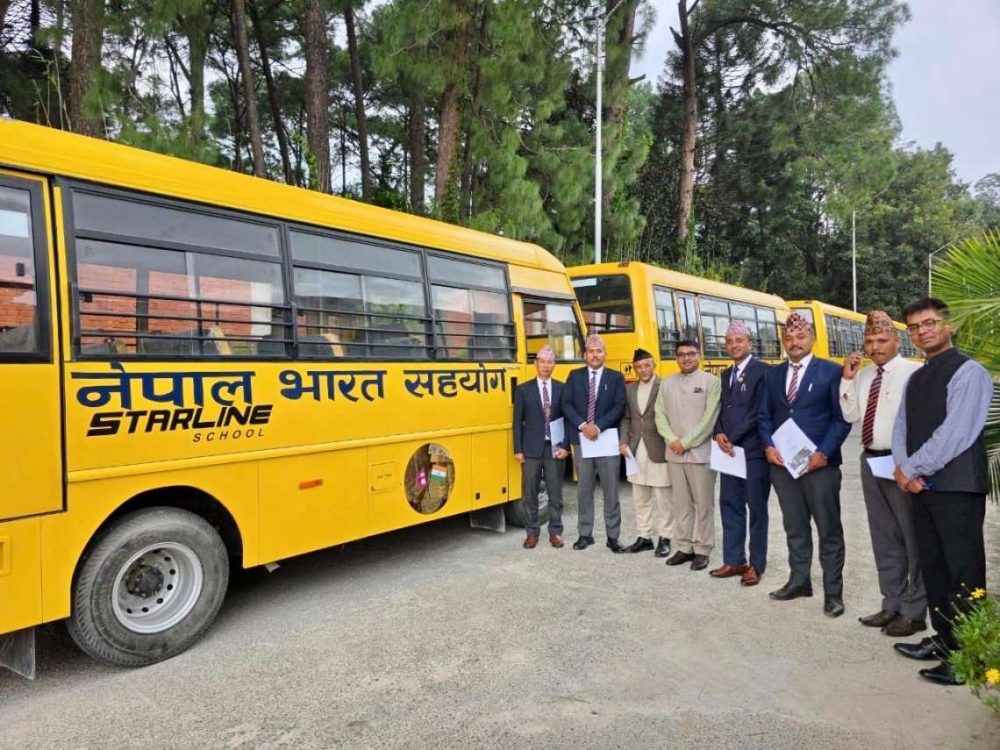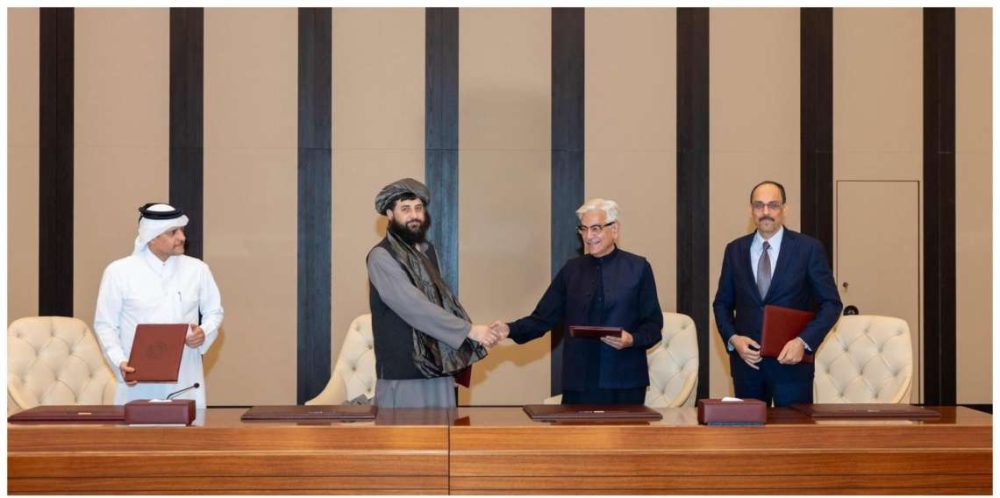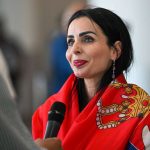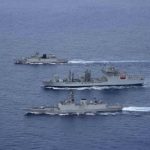Mr Adesina was speaking in a video message to participants at the 5th Africa Resilience Forum, which is being held in Abidjan from 3 to 5 October…reports Asian Lite News
The President of the African Development Bank emphasized the critical importance of prioritizing peace and security in Africa within investment decisions during a forum dedicated to enhancing the resilience of the continent’s nations and populations.
“The Africa Resilience Forum is a call to action to work together and make a transition from policy dialogue to investment, and then from investment to impact,” said Dr. Akinwumi Adesina, President of the African Development Bank Group.
Mr Adesina was speaking in a video message to participants at the 5th Africa Resilience Forum, which is being held in Abidjan from 3 to 5 October. The theme of this year’s Forum is “Financing Security, Peace and Development for a Resilient Africa”.
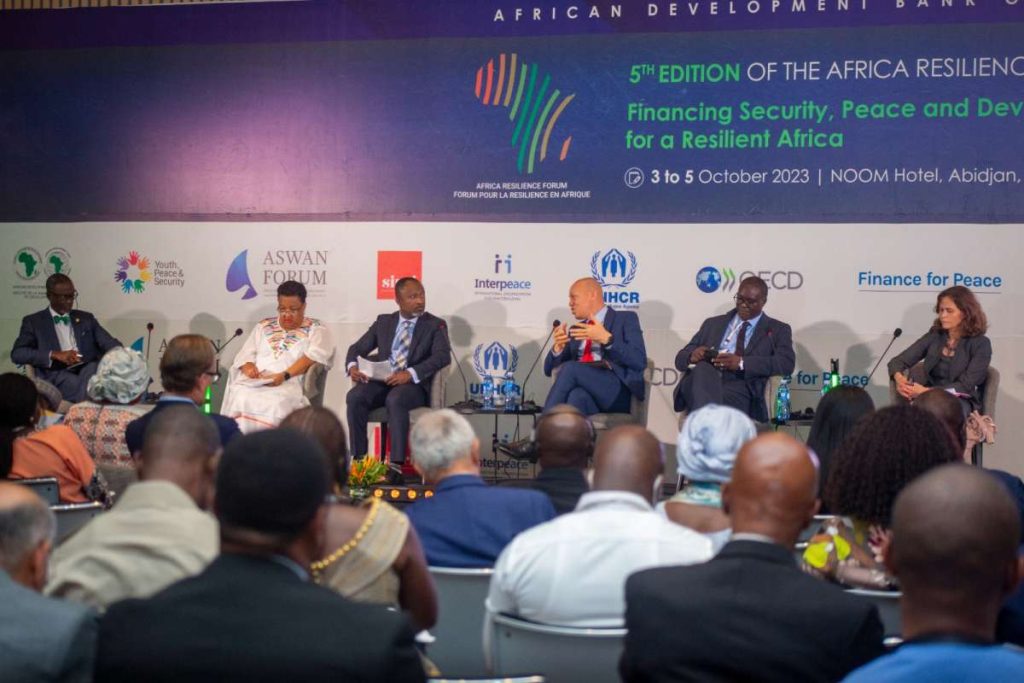
“We need to reverse current trends and establish an alliance of partners so that we can adopt a new investment approach that favours peace,” he said. “This will truly change the development-peace-security paradigm on our continent.”
Marie-Laure Akin-Olugbade, the African Development Bank Group’s Vice President for Regional Development, Integration and Business Delivery, emphasised that “by adopting peace-based actions, we can actually eliminate violence.”
“As development actors, we must put the communities we serve at the heart of our actions,” she continued, noting that the Bank was the first development finance institution to incorporate the issues of peace and fragility into its programmes. The institution has a Strategy for Addressing Fragility and Building Resilience in Africa (https://apo-opa.info/3KNLlGe), the aim of which is to bring an end to, in particular, the “triangle of disaster” – rural poverty, youth unemployment and environmental degradation – mentioned by Dr. Adesina in his speech.
There is a need for innovative approaches to financing peace, security and development in African countries that find themselves in situations of fragility, sometimes driven by conflict. This can only be achieved through governments, the private sector, civil society and development partners cooperating closely, say the Bank’s leaders.
As part of this commitment, the African Development Bank is working with the African Union and the continent’s Regional Economic Communities to develop Security-Indexed Investment Bonds (SIIBs), which will require a minimum of US$5 billion dollars by 2030. SIIBs offer a holistic investment strategy that combines peacebuilding and development expertise to offset the fiscal implications of high security sector spending.
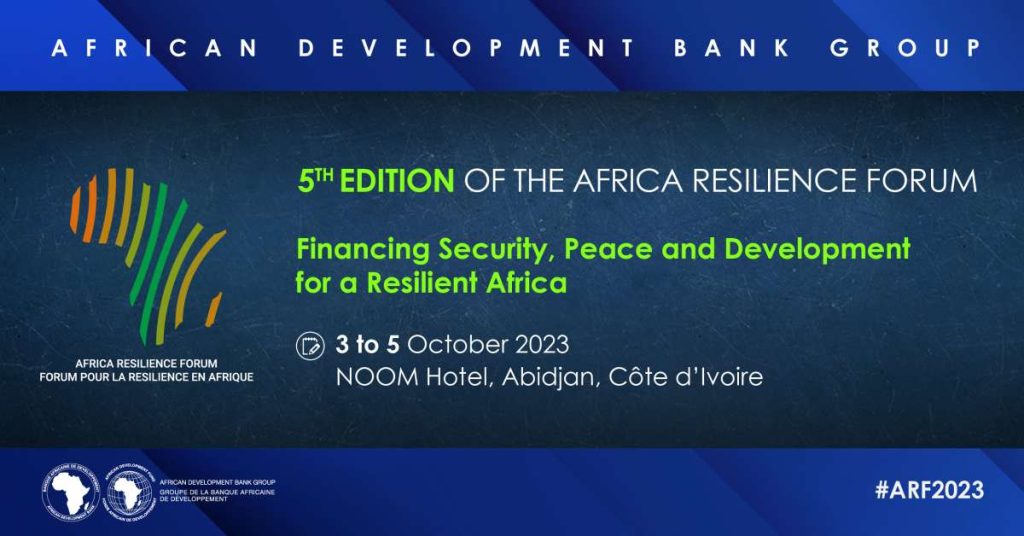
Noura Hamladji, Deputy Assistant Administrator of the United Nations Development Programme (UNDP) Africa Bureau, said a coordinated approach should be taken to addressing humanitarian, developmental, peace and security needs. “Development aid, aid for income-generating activities for communities affected by conflict, and the establishment of basic social infrastructure (schools, health centres, water and sanitation) are just as valid as humanitarian action,” she said during a panel discussion. “We need massive investment in countries in conflict.”
Gilles Carbonnier, Vice President of the International Committee of the Red Cross (ICRC), welcomed the burgeoning partnerships between development finance institutions and humanitarian actors, pointing to the agreement between the ICRC and the African Development Bank to strengthen the resilience of communities in the Sahel, especially in Niger, Chad and Mali. “Hope has created an environment that is conducive to peace,” he said. “In conflicts, we must protect civilians, but also infrastructure (schools, health centres, etc.) that constitutes a public asset.”
The African Development Bank signed a Peace Financing Facility with the peacebuilding organisation Interpeace at the Forum. “There are children who are born and grow up in refugee camps, where they become adults – all these people ask of us is to lead a normal life,” said Elhadj As Sy, a member of the governing board of Interpeace.
Nearly 200 people – humanitarians, development, peace and security actors from the public and private sectors, politicians, investors, academics and members of civil society – are attending the Africa Resilience Forum in person, which can also be followed by videoconference.



